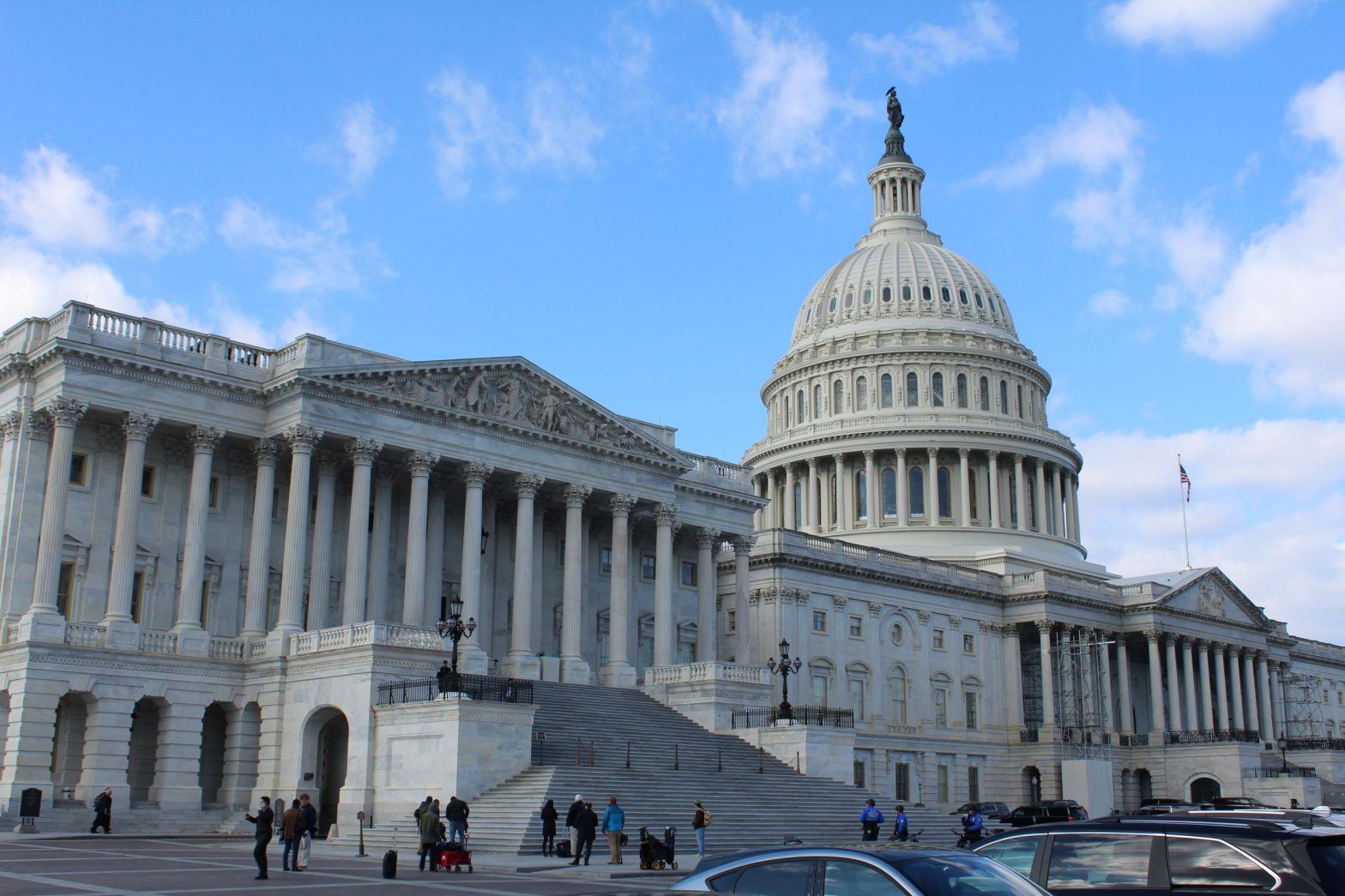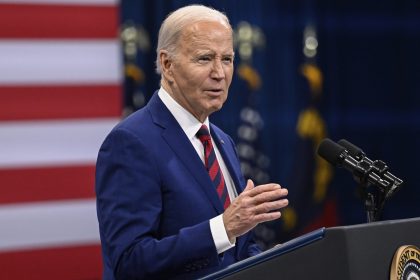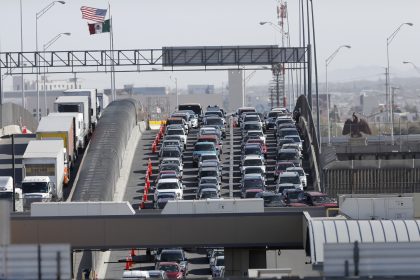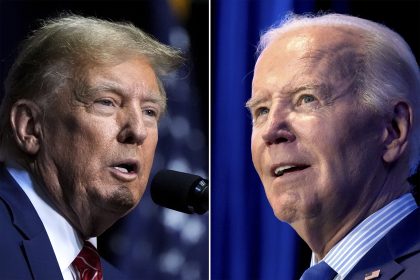Most Americans Have Low Expectations for New Congress, Pollster Finds

WEST LONG BRANCH, N.J. – A majority of Americans expect little change when Republicans take control of Congress in January, and four out of five said their expectations that Congress will effectively conduct the people’s business remains low.
Those opinions were captured in the latest Monmouth University poll, the results of which were released Wednesday morning.
The survey also found the public has a negative opinion of both political parties when it comes to the handling of key economic issues, but Democrats tend to hold a more positive opinion of their party’s congressional leadership.
Just 18% of Americans expect that GOP control of the House will change Washington for the better. Another 21% say it will change for the worse, but just over half (51%) say much won’t change because of the switch in House leadership.
When Democrats won control of the House in 2018 while Republicans held onto the Senate, slightly more Americans (28%) expected to see an improvement in the way Washington worked, while 16% expected a change for the worse and 42% expected no change.
“Some pundits look at these election results and claim that Americans want divided control. I think these frequent leadership changes are more a matter of chronic dissatisfaction with Washington,” said Patrick Murray, director of the independent Monmouth University Polling Institute.
“Expectations for Washington getting its act together are very low when you ask Americans directly. They’ve seen this show before,” he said.
Just 36% of the public think it is at least somewhat likely that the new Congress will enact policies to help the middle class. When Democrats controlled both chambers at the start of President Joe Biden’s term in 2021, 58% anticipated Congress would enact middle class policies. Expectation levels were similar in 2017 (54% likely) when Republicans controlled Congress during former President Donald Trump’s administration.
In both of these prior polls, about eight in 10 partisans in the majority party (81% of Democrats in 2021 and 82% of Republicans in 2017) as well as a majority of independents (56% in 2021 and 53% in 2017) were optimistic about Congress enacting middle class policies. Now, this opinion stands at 46% likely among Republicans, 34% among independents and 33% among Democrats.
Furthermore, about seven in 10 Americans say neither political party is paying enough attention to everyday economic issues that affect people like them — 71% say this about the Republican Party and 68% for the Democratic Party. Overall, 26% of the public approves of the job the U.S. Congress is doing while 62% disapprove. Similarly, 28% of Americans say the country is headed in the right direction while 68% say it is on the wrong track.
Turning to the White House, 42% approve of the overall job Biden is doing as president while 50% disapprove.
The current rating is a nominal improvement from prior polls this year. Biden’s rating dipped as low as 36% approve and 58% disapprove in June. His job rating shortly before the recent midterm elections was 40% approve and 53% disapprove.
None of the current party leaders in Congress earn positive ratings among the American public, although the Democrats do better among fellow partisans than the Republicans.
Outgoing House Speaker Nancy Pelosi, D-Calif., earns a negative 29% approve and 49% disapprove rating from all American adults, but gets an overwhelmingly favorable 69% and 10% rating from Democrats.
GOP Minority Leader Kevin McCarthy, R-Calif., who is hoping to succeed Pelosi in the speaker’s chair, earns an overall negative rating of 12% approve and 34% disapprove, which includes a nominally net positive rating of 29% approve and 20% disapprove among his fellow Republicans.
However, most Americans, including just over half of his fellow Republicans, have no opinion of McCarthy’s performance as party leader. Only one in five Americans have no opinion of Pelosi.
Turning to the Senate, Majority Leader Chuck Schumer, D-N.Y., earns a negative 19% approve and 37% disapprove rating from all Americans, but a positive 43% and 10% rating among Democrats.
Senate Minority Leader Mitch McConnell, R-Ky., on the other hand, is the least popular of the four leaders, earning clearly negative ratings from the public as a whole (12%-56%) as well as among his fellow Republicans (25% and 48%).
Current ratings for Pelosi, Schumer and McConnell are in line with polling over the past three years. This is the first time Monmouth has asked about McCarthy.
“Pelosi may have been a lightning rod for Republicans over the past 20 years, but she has clearly earned the admiration of her fellow Democrats,” Murray said. “McCarthy starts off as a blank slate for most of the public. It will be interesting to see if he can build the same kind of party loyalty as Pelosi — that is, if he actually gets the chance to succeed her.
“McCarthy could end up as unpopular as McConnell, but public disdain for the Senate GOP leader is due in part to his ruthlessness in holding onto power. It’s not clear whether McCarthy is made of the same stuff,” he said.
The Monmouth University Poll was conducted by telephone from Dec. 8-12, 2022, with 805 adults in the United States.
The question results in this release have a margin of error of +/- 5.0 percentage points for the full sample.
Dan can be reached at [email protected] and at https://twitter.com/DanMcCue
























